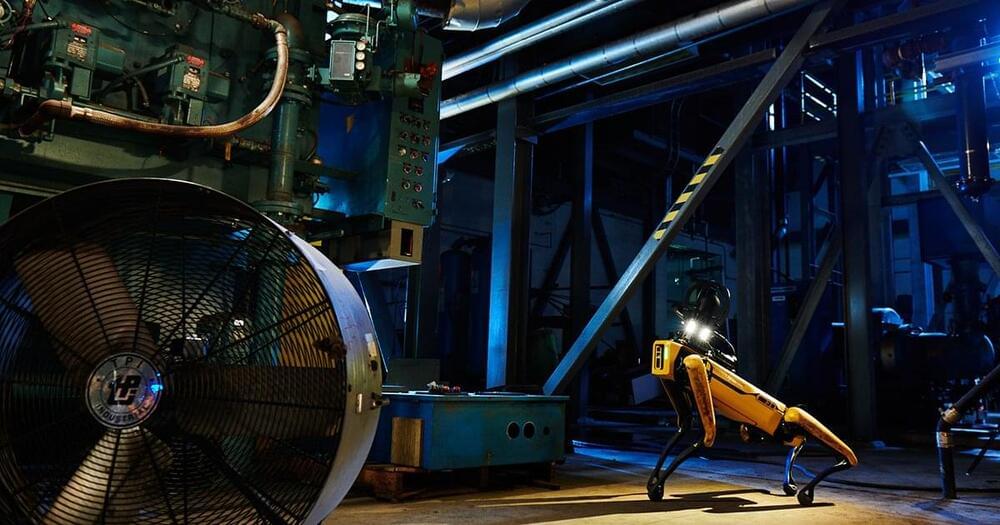$100 million a year. All you gotta do is apply for funding.
A consortium of biotech founders, clinicians, and leading longevity research institutions announced today the launch of the Longevity Science Foundation. The new Swiss foundation has committed to distributing more than $1 billion over the next ten years to research, institutions and projects advancing healthy human longevity and extending the healthy human lifespan to more than 120 years.
Longevity. Technology: The Foundation is advised by a aptly-named “Visionary Board” of leading longevity researchers, led by Evelyne Bischof and joined by Andrea B Maier, Eric Verdin, Matt Kaeberlein and Alex Zhavoronkov, all key opinion leaders who be top picks for a longevity dream team.
We love the bold and simple drive of the fund– projects that can realise rapid change, making “a significant difference in people’s lives as soon as possible” and setting a hopeful goal of possibly effecting that difference within a five-year time frame.
The Longevity Science Foundation will provide funding to promising longevity research institutions and groups around the world. The focus of the Foundation will be to select support projects in four major areas of healthy longevity medicine and tech – therapeutics, personalised medicine, AI and predictive diagnostics. The Foundation is seeking to fund projects that can make a significant difference in people’s lives as soon as possible – even within five years.







